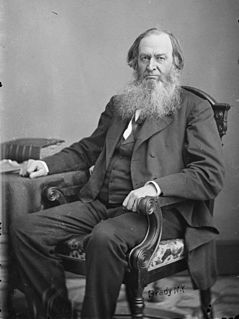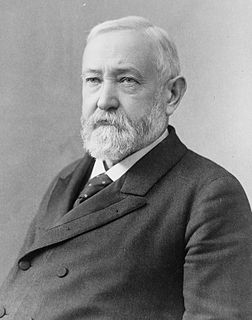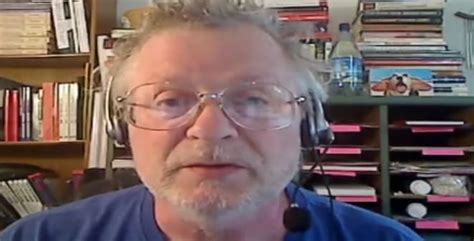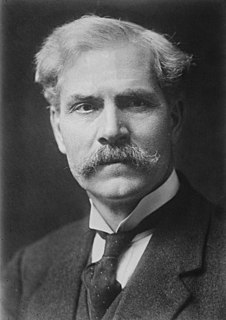A Quote by Ovid
Related Quotes
The indiscriminate denunciation of the rich is mischievous.... No poor man was ever made richer or happier by it. It is quite as illogical to despise a man because he is rich as because he is poor. Not what a man has, but what he is, settles his class. We can not right matters by taking from one what he has honestly acquired to bestow upon another what he has not earned.
The Poor Man whom everyone speaks of, the Poor Man whom everyone pities, one of the repulsive Poor from whom charitable souls keep their distance, he has still said nothing. Or, rather, he has spoken through the voice of Victor Hugo, Zola, Richepin. At least, they said so. And these shameful impostures fed their authors. Cruel irony, the Poor Man tormented with hunger feeds those who plead his case.
The rich man, when contributing to a permanent plan for the education of the poor, ought to reflect that he is providing for that of his own descendants; and the poor man who concurs in a provision for those who are not poor that at no distant day it may be enjoyed by descendants from himself. It does not require a long life to witness these vicissitudes of fortune.
A God who draws near out of love, the Holy Father continued, walks with His people, and this walk comes to an unimaginable point. We could never have imagined that the same Lord would become one of us and walk with us, be present with us, present in His Church, present in the Eucharist, present in His Word, present in the poor, He is present, walking with us. And this is closeness: the shepherd close to his flock, close to his sheep, whom he knows, one by one.







































